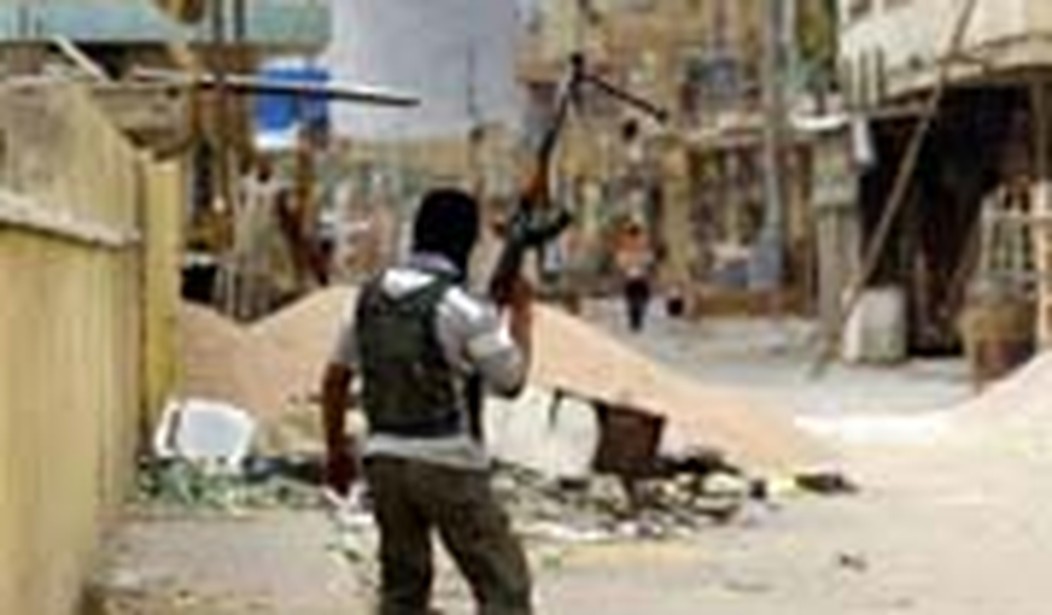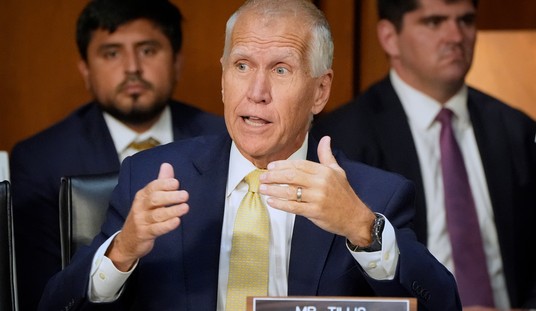As fighting rages between government forces and Sadr’s militia in several cities, senior clerics from the hawza (senior Grand Ayatollahs) made a debut in the conflict.
Ayatollah Fadhil Al-Maliki issued a fatwa in which he openly called on police and army to abandon their duty, adding that operation Knights’ Charge is not targeting criminals but an aggression against “the majority of the Iraqi people.” Although there is news about a handful of soldiers and policemen abandoning their posts and joining the militia, this fatwa is not going to have a significant effect on operations. However it’s a reminder that there are still people who bet on fatwas as long as some are willing to offer allegiance to the sect instead of the country.
This fatwa revives the old conflict over legitimacy between the ethnic Arab and foreign clerics of the hawza. The former, like Ayatollah Al-Maliki or Sadr himself, accuse non-Arab clerics like Sistani of leading a “Hawza Samita” or a silent hawza in the face of what Sadr considers injustice and tyranny.
Iran, on the other hand and as we predicted yesterday, chose not to endorse Sadr’s position and did nothing more than issue a call through Ahmed Jannati, chief of the Guardians Council, for negotiations between Sadr and the government to resolve the crisis.
On the field, as fighting spread to include Karbala province, Sadrists rejected Maliki’s call to lay down their weapons and said they’d only surrender their weapons to a government that “fights the occupation”. Putting such an unrealistic condition is synonymous to “we will never lay down our weapons”. This defiance is logical from their perspective that is based on force and in order to justify the use of force they need to find a pretext—and what’s better than claiming to be fighting for the cause of national liberation!?
The clashes were not limited to the streets of Basra, the halls of the parliament saw some fighting as well, but in the form of fist-fights between Sadrist MPs and their counterparts from the other parties in the UIA. The UIA and Kurdish bloc walked out of last evening’s emergency session after an intense verbal exchange among some MPs developed into a fist fight, the chief of the UIA bloc Jalal al-Din Saghier told Radio Sawa.
The parliament as usual decided to form a committee to deal with the situation—a move to save face, no more; in Iraq we have a joke that says “if you want to not solve an issue, let a committee take care of it”.
Again, as predicted in an earlier post, Sadrists have approached tribal leaders and clerics and asked them to mediate between them and the government. The prince of the giant Rabi’a tribe will lead a delegation to negotiate a solution with the government.
Last but not least, it’s good to finally hear Maliki acknowledge the danger that Sadr’s militia pose to the country. Saying that Shia militias are “worse than al-Qaeda” signifies the ferocity of the battle and the enormous pressure it applies on the government. It makes me optimistic that the leadership has realized the extent and nature of the threat. In fact I hope that my expectation of a truce that spares the heads of evil proves wrong. Avoiding taking a battle to the end could cost us several times the price in recurrent outbreaks of violence.
While most influential parties seem to be in favor of the crackdown on Mahdi army (including Kurds who view Sadr as an obstacle to establishing the federal system that would grant them control over Kirkuk. Also recall that Masoud Barazani was so vocal in expressing his hostility to Sadr back in late 2003 when he was temporary president of the GC) Sadr’s old ally Ibrahim Jaafari stepped forward to call for an end to the fighting and to accept the Sadrists back in the political process. The statement was described by Maliki’s advisor Sami Askari as “inappropriate and meaningless“.
But ironically a similar call came from Adnan Duleimi of the Sunni Accord Front. In my opinion this came out of Duleimi’s concern about maintaining the balance of power among Shia parties—a Da’wa and SIIC with near absolute power in the center and south would put more power at the disposal of these parties in Baghdad with federalism again being the central issue.
I was going to stop here but now I see that Sadr finally decided to break his silence and make the first public appearance in several months. While the location of the interview remains undisclosed, the fact that he was interviewed by Ghassan Bin Jidou suggests that he’s either in Iran or is enjoying the generous hospitality of his Lebanese twin Nesrallah (can anyone check the recent stamps on Bin Jidou’s passport?).
I want to end this by saying that if we put together Sadr’s words that he’s in control of the Mahdi army and Maliki’s words that Shia militias are worse than al-Qaeda then the logical conclusion should be that Sadr must be dealt with in the same manner in which we deal with terrorist chiefs when we spot them.
Mohammed Fadhil blogs at Iraq the Model.









Join the conversation as a VIP Member